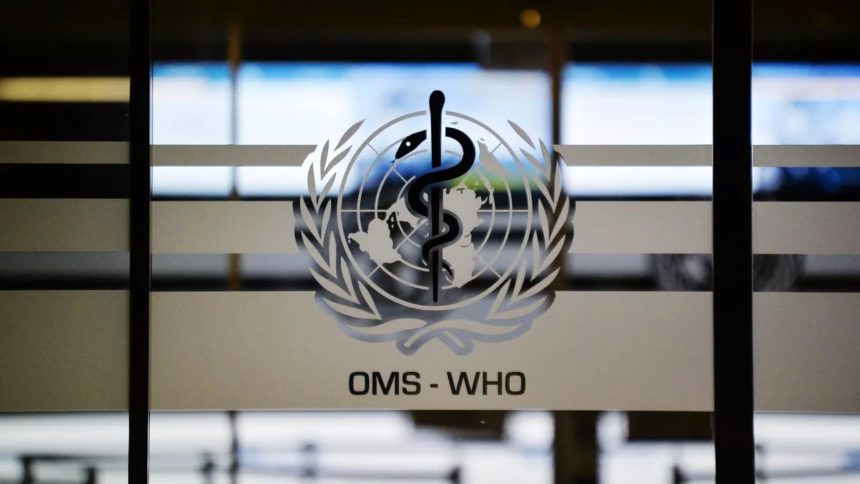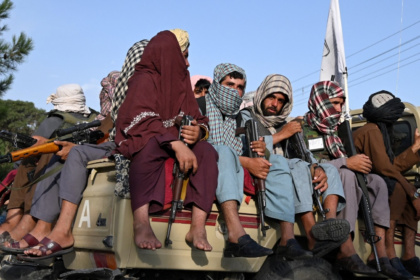RASC News Agency: The World Health Organization has announced that due to the lack of funds, the activities of 33 hospitals that provided services to 9 million people in Afghanistan will be stopped.
Aziza, a resident of Badghis province, says that one of her daughter’s kidneys has failed, and due to lack of access to health services, she had to take her daughter from Abkamri district of Badghis province to Qalae Now, the center of this province, for treatment.
However, according to Aziza, the provincial hospital could not treat her daughter either.
While worrying about her daughter’s health, Aziza says: “Where we live, there is no clinic and there are no facilities to treat my daughter.”
After the Red Crescent, now the World Health Organization has announced that the operation of 33 hospitals in Afghanistan will soon be stopped.
Hospitals that, according to this organization, provided health services to more than 9 million people in Afghanistan.
With the closure of these hospitals, 9 million people from the Afghanistan population will either be completely denied access to health services, or it will be difficult for them to access the hospitals.
The organization says that the reason for the closure of these hospitals is lack of funding.
The World Health Organization added that the health system in Afghanistan needs help.
As far as according to this organization, only in the current year from mid-July to mid-August, this organization has provided health services to 241 thousand 874 people, including 41 thousand 249 girls and 106 thousand 553 women.
The World Health Organization says that it has provided health services to 1.5 million people with 54 other partners in 979 health centers in 333 districts.
The World Health Organization has said about this: “The World Health Organization, together with 54 other health partners, provided humanitarian health services to 1.5 million people throughout Afghanistan through 979 health centers in 333 districts of all 34 provinces.”
Referring to the increase in food insecurity, especially among children and women in Afghanistan, the World Health Organization has said that 13,347 pregnant and lactating women are in reproductive health emergencies.
Meanwhile, a number of other residents from remote parts of the country also complain about not having easy access to health services and medicine.
Mohammad Ali, a resident of “Dasht-Archi” district of Kunduz province, said: “In our region, the situation of providing health services for pregnant mothers is very poor.”
This is despite the fact that the head of the World Health Organization said that the situation of Afghanistan’s health system is dire.
The Red Crescent also announced last week that due to the lack of funds, the organization’s financial assistance to 25 hospitals in Afghanistan will be stopped until the end of August.






